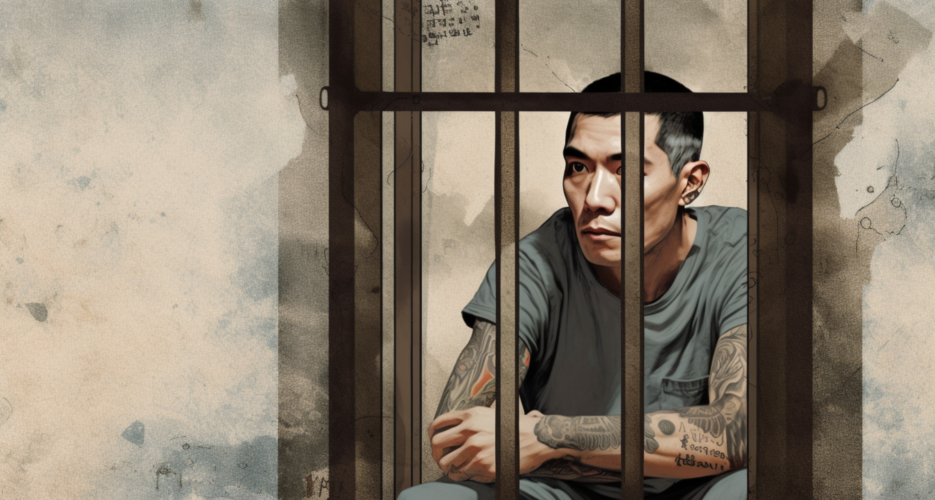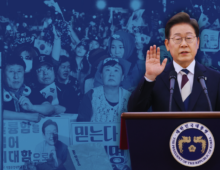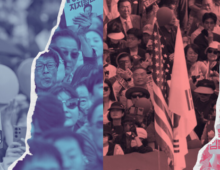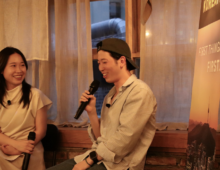As societal views evolve, the crackdown raises questions about cultural biases and outdated regulations
“If a customer walks in for the first time, how am I supposed to know if they’re a gangster or not?” posed Seojun Cho, a local tattooist, in his remarks to Korea Pro. In Gwangju, South Korea’s sixth-largest city in the southeast of the peninsula, tattoo artists grapple with a quandary.
The city’s tattoo community was roiled when, last month, sixteen tattooists were indicted for allegedly inking “gangster tattoos” and illicit possession of drugs, including fentanyl. The fallout saw prosecutors seizing over $1.9 million (2.5 billion won) deemed as criminal proceeds.
“If a customer walks in for the first time, how am I supposed to know if they’re a gangster or not?” posed Seojun Cho, a local tattooist, in his remarks to Korea Pro. In Gwangju, South Korea’s sixth-largest city in the southeast of the peninsula, tattoo artists grapple with a quandary.
The city’s tattoo community was roiled when, last month, sixteen tattooists were indicted for allegedly inking “gangster tattoos” and illicit possession of drugs, including fentanyl. The fallout saw prosecutors seizing over $1.9 million (2.5 billion won) deemed as criminal proceeds.
Get your
KoreaPro
subscription today!
Unlock article access by becoming a KOREA PRO member today!
Unlock your access
to all our features.
Standard Annual plan includes:
-
Receive full archive access, full suite of newsletter products
-
Month in Review via email and the KOREA PRO website
-
Exclusive invites and priority access to member events
-
One year of access to NK News and NK News podcast
There are three plans available:
Lite, Standard and
Premium.
Explore which would be
the best one for you.
Explore membership options
© Korea Risk Group. All rights reserved.
No part of this content may be reproduced, distributed, or used for
commercial purposes without prior written permission from Korea Risk
Group.












